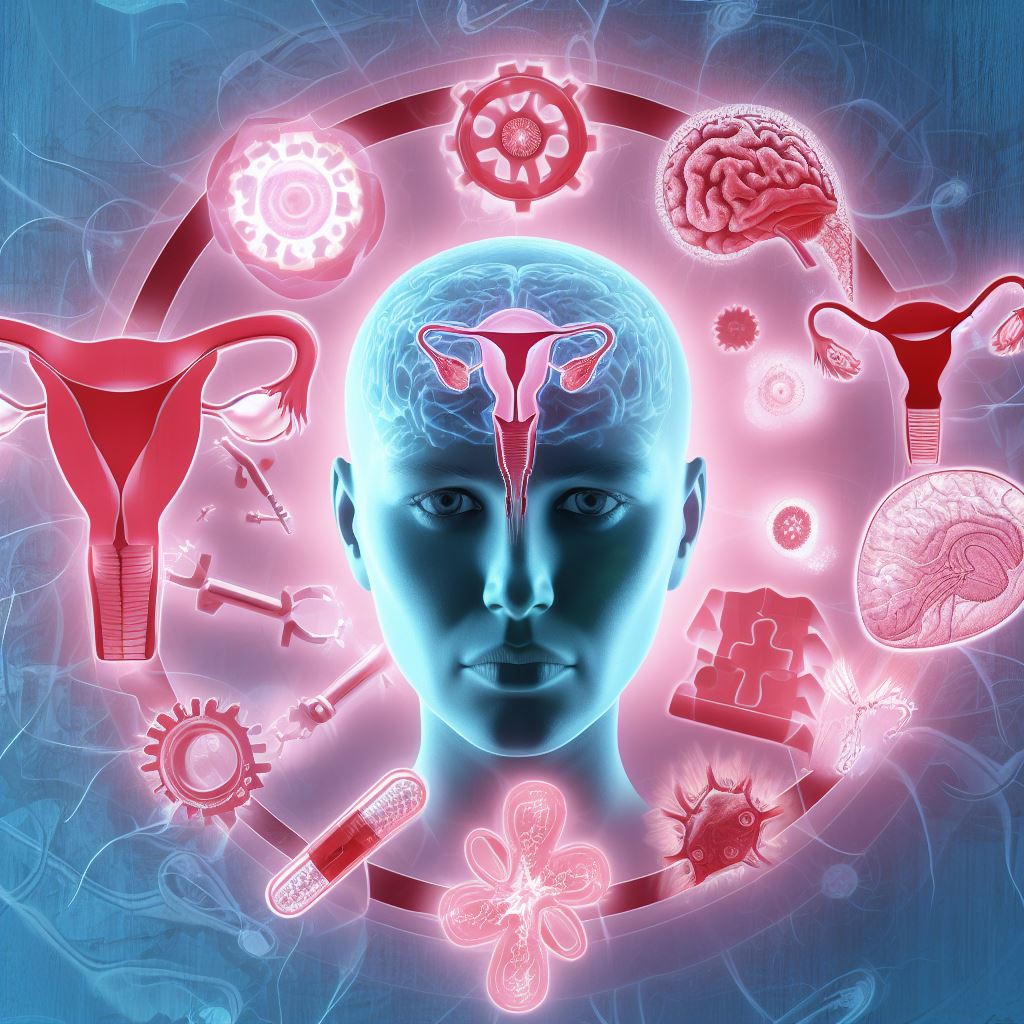The menstrual cycle is a period during which women can benefit from special attention when it comes to nutrition. Hormonal fluctuations throughout the cycle can affect nutritional needs, mood and well-being.
In this article, we will examine the cause-and-effect relationships between the menstrual cycle and diet and highlight the importance of a balanced diet for female well-being.
1. Menstruation and premenstrual periods:
Prefer foods rich in iron and vitamins. During this time, many hormonal changes occur which can lead to reduced energy levels and mood swings. To compensate for iron loss during menstruation, it is recommended to consume iron-rich foods such as green leafy vegetables, lentils, nuts and lean meats. Vitamins B and C may also help improve mood and relieve premenstrual symptoms.
2. Preovulatory Phase:
Stock up on antioxidants and fiber. During this phase, energy levels are generally higher and it is important to maintain optimal nutrient balance. Antioxidant-rich foods like berries, vegetables, and colorful fruits help protect cells from oxidative damage. Additionally, a high-fiber diet made up of whole grains, vegetables, and legumes can promote bowel movement regularity and reduce bloating.
3. Ovulation:
Prioritizing Foods for Fertility and Inflammation During this time, it is important to focus on foods that benefit reproductive health. Omega-3 fatty acids found in fatty fish, flaxseeds and walnuts can help reduce inflammation and promote fertility. Consuming foods rich in antioxidants, such as cruciferous vegetables and citrus fruits, can also support ovarian and follicle health.
4. The Luteal Phase:
Managing Symptoms with Calming Foods During this phase, some women may experience more pronounced premenstrual symptoms such as mood swings, food cravings, and bloating. It is recommended to avoid foods high in sugar and saturated fats as these can worsen these symptoms.
5. The preference of foods rich in magnesium such as:
B green leafy vegetables, nuts and seeds, as well as foods rich in vitamin D such as: Eating foods such as fatty fish and dairy products can help reduce irritability and improve mood.
Conclusion:
Diet during the menstrual cycle can play an important role in female well-being. By tailoring her diet to the specific needs of each cycle phase, a woman can relieve premenstrual symptoms, improve her energy, and promote better reproductive health.
It is important to promote a balanced diet rich in nutrients such as iron, vitamins B and C, antioxidants, fiber and omega-3 fatty acids. By adopting a diet adapted to the menstrual cycle, women can improve their general well-being and better manage symptoms related to hormonal fluctuations.

